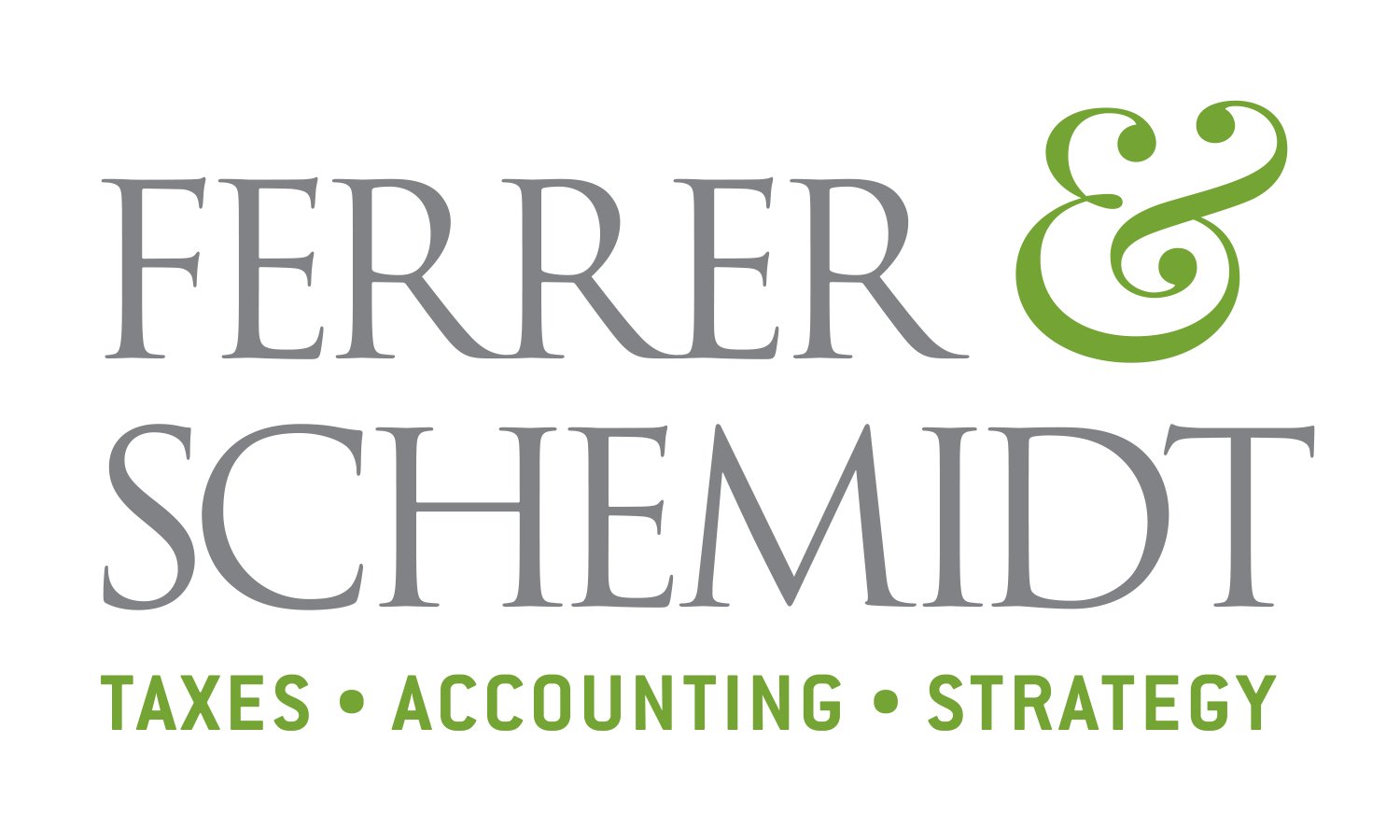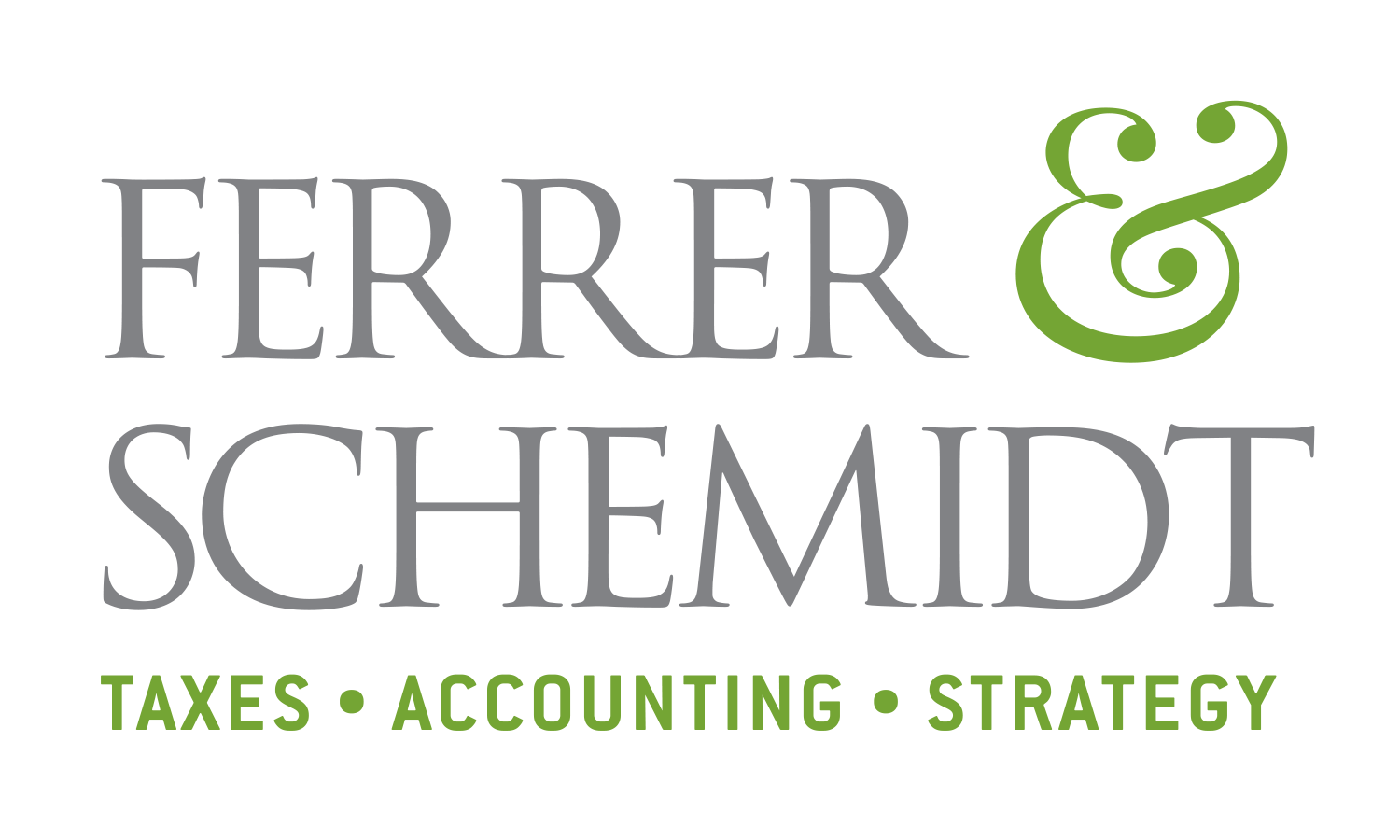Valuation or Due Diligence: What do I really need?
Common differences between a Due Diligence and a Valuation Engagement in the context of acquiring a business.
It is quite common to confuse the terms of Valuation and Due Diligence at the time of deciding whether to acquire or not a business; however, these two terms are not the same: A Due Diligence is part of a Valuation, not the other way around.
Commonly (in an extremely simplistic form) the scope of analysis when engaging in a due diligence, is based on the current data as well as to verifying the past performance and actual records of the business to be acquired. In other words, the main objective of a Due Diligence is to verify past and present performance of the business to determine if the conditions being offered are accurate and true.
Therefore, it is understandable that there are several elements that a due diligence does not cover, for instance, the level of dependency of the current owner(s) on the business, the positioning of the business within the life curve of the industry and/or maturity level, levels of fragmentation of the market and industry concentration, the impact of a new comer or even the “New-Owner” effect on the short to long-term revenues, to name a few.
On the other hand, a Valuation Engagement includes these and many other factors as it incorporates quantifiable and non-quantifiable elements to reach an accurate representation of value. And, that is the key difference: An Accurate Representation of Value. In other words, how much should I pay for that business.
As a result, when acquiring a business, the objective of a Due Diligence is to verify the information, the submitted Data, the accounting records and so on; while the objective of a Valuation is to establish an Accurate Representation of Value. See the difference?
In order to do so (valuation), a Valuation Analyst must implement a series of approaches for analysis together with accepted methodologies for gathering data and recording information concluding with an approved and certified report that will establish beyond any reasonable doubt an actual value for such business and/or company.
During the process of valuation, the valuation analyst will consider the three approved methods for valuation: Asset Method, Market Method and Sales Method. There are several techniques for each method and the accuracy of the analysis depends on the ability of the analyst to identify the proper technique that would best represent the essence of the business being valued.
As we can see, Valuation and Due Diligence: two different products. It all comes down to what question we want to answer: If we know the business is priced right BUT, we are not sure it really sells $XX,YYY per month? Then, a Due Diligence should be enough; Or, Is this business really worth $YYY,XXX? A Valuation should solve that issue.
It is important to identify what we really need to avoid confusion and missed expectations.
During our initial engagement with a client we focus on explaining the differences in order to determine what is needed and how can we help. Sometimes the client thinks she/he needs a valuation when in reality a due diligence would be enough.

